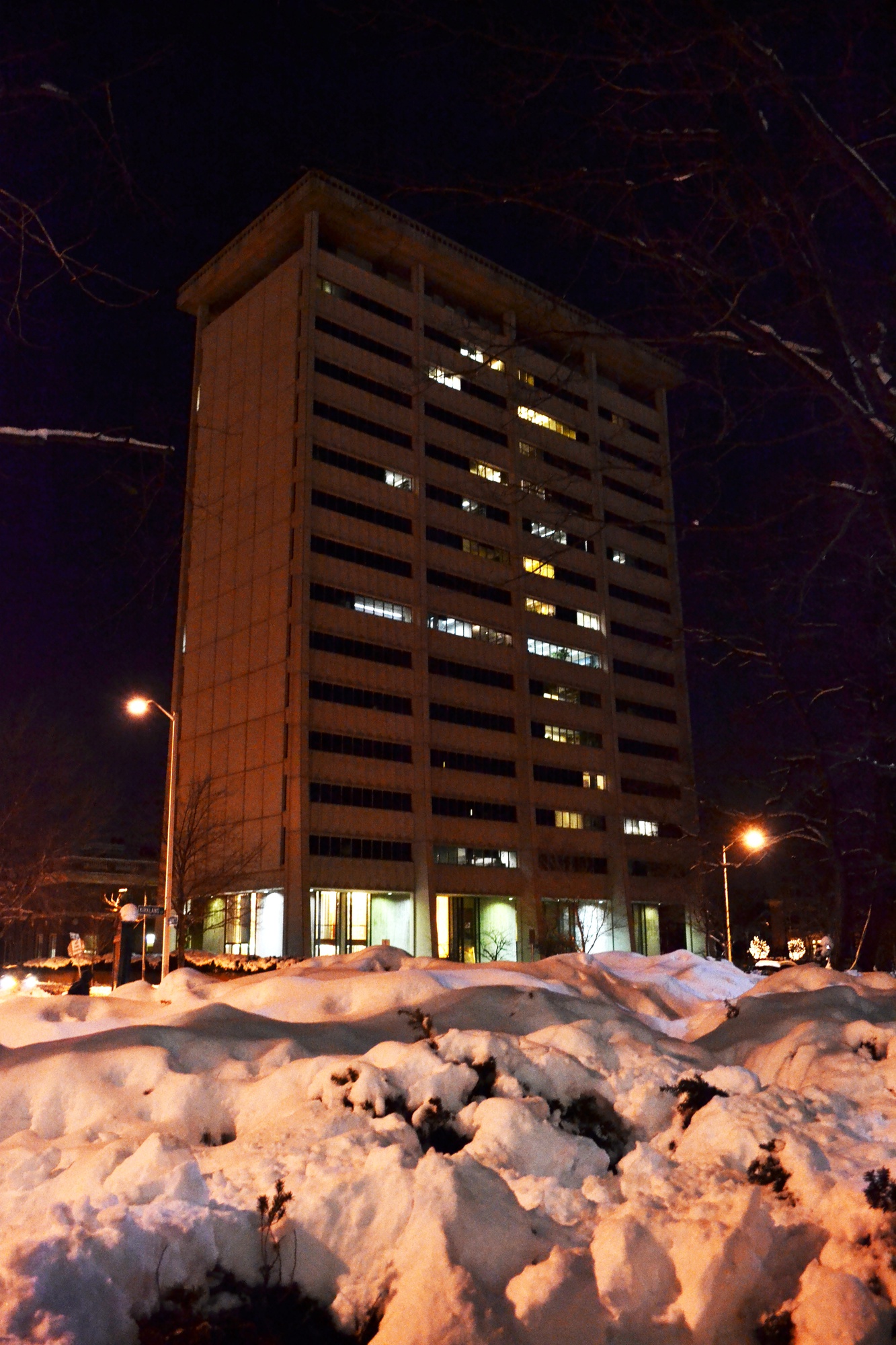That's the question we'll end our James Independent Readings course on, my very senior student and I. (Congrats to you, Graduate, on your latest degree!)
“The first sentence of Ralph Waldo Emerson’s that reached me still jolts me every time I run into it. “Meek young men,” he wrote in “The American Scholar,” “grow up in libraries believing it their duty to accept the views which Cicero, which Locke, which Bacon have given, forgetful that Cicero, Locke, and Bacon were only young men in libraries when they wrote those books…”
Remember when old December's darkness is everywhere about you, that the world is really in every minutest point as full of life as in the most joyous morning you ever lived through; that the sun is whanging down, and the waves dancing, and the gulls skimming down at the mouth of the Amazon, for instance, as freshly as in the first morning of creation; and the hour is just as fit as any hour that ever was for a new gospel of cheer to be preached. I am sure that one can, by merely thinking of these matters of fact, limit the power of one's evil moods over one's way of looking at the Kosmos. (Letters, 1868)
And, a resolve to be as healthy-minded as temperament and circumstance allow is near the center ring of James's aim.
So what is dead-center, the ultimate pragmatic-pluralist-radical empiricist bullseye?
"When you have broken the reality into concepts you never can reconstruct it in its wholeness. Out of no amount of discreteness can you manufacture the concrete. But place yourself at a bound, or d'emblée, as M. Bergson says, inside of the living, moving, active thickness of the real, and all the abstractions and distinctions are given into your hand: you can now make the intellectualist substitutions to your heart's content. Install yourself in phenomenal movement, for example, and velocity, succession, dates, positions, and innumerable other things are given you in the bargain. But with only an abstract succession of dates and positions you can never patch up movement itself. It slips through their intervals and is lost. So it is with every concrete thing, however complicated. Our intellectual handling of it is a retrospective patchwork, a post-mortem dissection, and can follow any order we find most expedient. We can make the thing seem self-contradictory whenever we wish to. But place yourself at the point of view of the thing's interior doing, and all these back-looking and conflicting conceptions lie harmoniously in your hand. Get at the expanding centre of a human character, the élan vital of a man, as Bergson calls it, by living sympathy, and at a stroke you see how it makes those who see it from without interpret it in such diverse ways. It is something that breaks into both honesty and dishonesty, courage and cowardice, stupidity and insight, at the touch of varying circumstances, and you feel exactly why and how it does this, and never seek to identify it stably with any of these single abstractions. Only your intellectualist does that,—and you now also feel why he must do it to the end. Place yourself similarly at the centre of a man's philosophic vision and you understand at once all the different things it makes him write or say. But keep outside, use your post-mortem method, try to build the philosophy up out of the single phrases, taking first one and then another and seeking to make them fit, and of course you fail. You crawl over the thing like a myopic ant over a building, tumbling into every microscopic crack or fissure, finding nothing but inconsistencies, and never suspecting that a centre exists. I hope that some of the philosophers in this audience may occasionally have had something different from this intellectualist type of criticism applied to their own works! What really exists is not things made but things in the making. Once made, they are dead, and an infinite number of alternative conceptual decompositions can be used in defining them. But put yourself in the making by a stroke of intuitive sympathy with the thing and, the whole range of possible decompositions coming at once into your possession, you are no longer troubled with the question which of them is the more absolutely true. Reality falls in passing into conceptual analysis; it mounts in living its own undivided life—it buds and bourgeons, changes and creates. Once adopt the movement of this life in any given instance and you know what Bergson calls the devenir réel by which the thing evolves and grows. Philosophy should seek this kind of living understanding of the movement of reality, not follow science in vainly patching together fragments of its dead results." APU
That's it. Drop the excessive post-mortem conceptual analysis and the "dead external way" which is our native blindness to one another's springs of delight, try and place yourself at another's angle of vision. Catch the movement of reality, return to life--"the music can commence again;--and again and again..."-- And soar.













